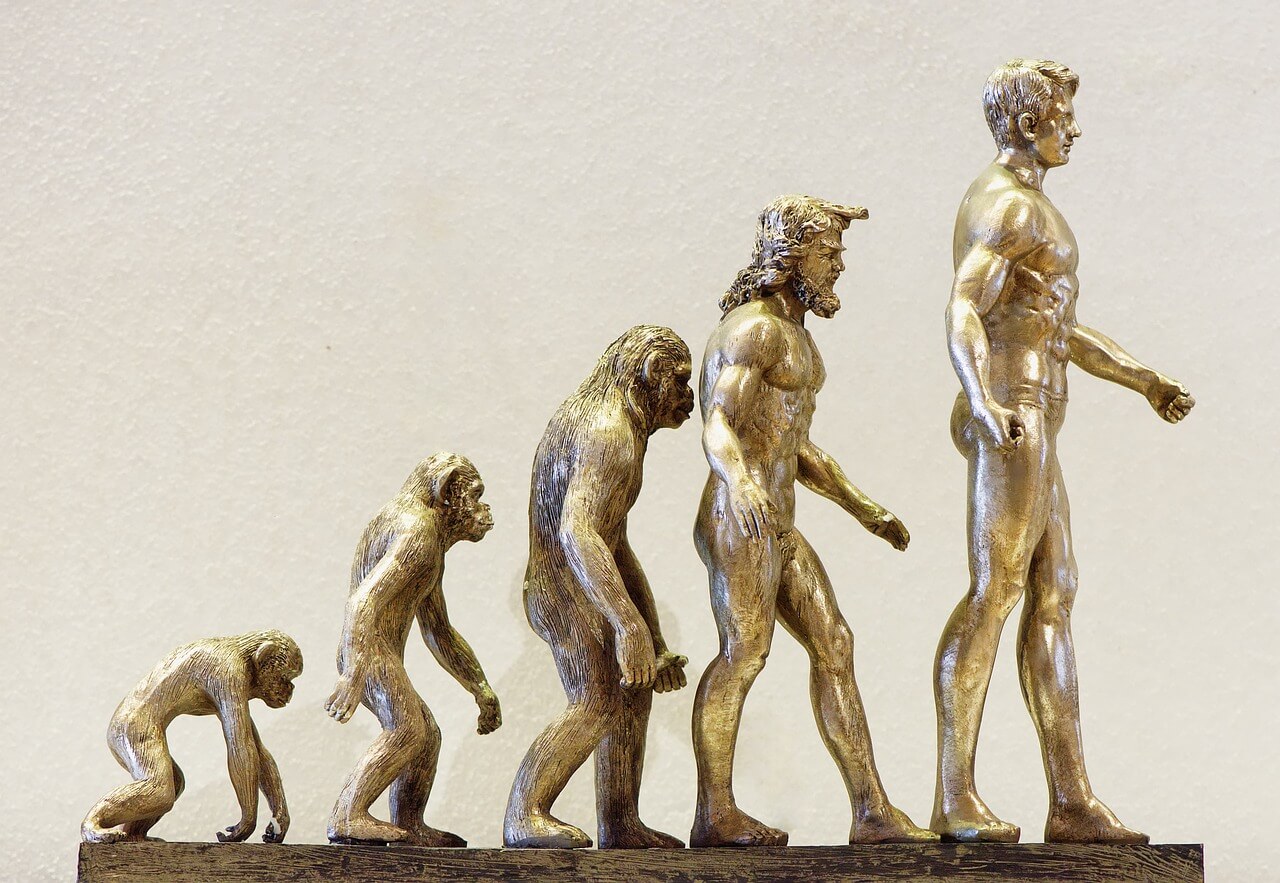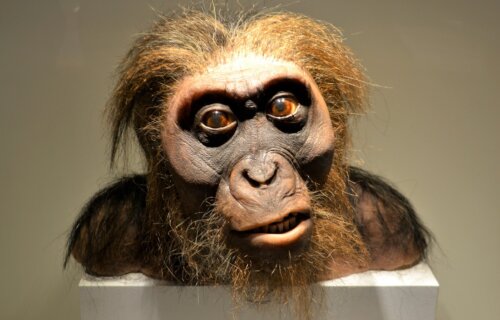ITHACA, N.Y. — Neanderthal genes continue to shape modern humans. New research, conducted by a multi-institution team including researchers from Cornell University, utilized advanced computational tools to investigate the genetic effects of interbreeding between non-African humans and Neanderthals. The study focused on individuals of European ancestry and discovered that certain Neanderthal genes still play a role in human traits, particularly those related to the immune system. However, the overall influence of Neanderthal genes is diminishing over generations, as modern human genes take the lead.
The research team, led by April (Xinzhu) Wei from Cornell, utilized a vast dataset from the UK Biobank, comprising genetic and trait information of nearly 300,000 individuals of non-African ancestry. By analyzing over 235,000 genetic variants likely inherited from Neanderthals, they identified 4,303 differences in DNA that significantly impact 47 distinct genetic traits.
“Interestingly, we found that several of the identified genes involved in modern human immune, metabolic and developmental systems might have influenced human evolution after the ancestors’ migration out of Africa,” says Wei in a university release. “We have made our custom software available for free download and use by anyone interested in further research.”
Unlike previous studies, this research employed more precise statistical methods to isolate the variants associated with Neanderthal genes. The findings provide valuable insights into how interbreeding with ancient humans thousands of years ago continues to influence the biology of present-day humans. This study serves as a stepping stone for scientists studying human evolution and offers a promising pathway for further research on archaic human genetic influences.

While the dataset used in this study predominantly consisted of individuals of White British descent, the computational methods developed by the research team hold the potential to unlock evolutionary insights from other large databases. By delving deeper into the genetic influences of archaic humans on modern humans, scientists can gain a comprehensive understanding of the beneficial and detrimental consequences of these ancient interactions.
“For scientists studying human evolution interested in understanding how interbreeding with archaic humans tens of thousands of years ago still shapes the biology of many present-day humans, this study can fill in some of those blanks,” says senior investigator Sriram Sankararaman, an associate professor at UCLA. “More broadly, our findings can also provide new insights for evolutionary biologists looking at how the echoes of these types of events may have both beneficial and detrimental consequences.”
The study is published in the journal eLife.
You might also be interested in:
- Scientists ‘revive’ Stone Age molecules still covering Neanderthal teeth
- ‘Dragon Man’ may replace Neanderthals as modern man’s closest relative
- Neanderthals died out because they were less creative than humans, scientists believe


The illustrations are terrible! The top photo is certainly *not* a Neanderthal, & definitely not what most people would recognize as a “prehistoric man”, even if it is a hominid. Which one is it exactly? It’s not correctly labeled. And the picture of man as the result of a series of predecessors beginning with knuckle-walking apes is *so* outdated, misleading, & ridiculous that it should never be used! Why not include some photos of reconstructions of Neanderthals?
Many people have at least one to two percent Neanderthal genes. The term died out should not be used since their genes live on through many of us. I am a mixture of many ethnicities and I have some Neanderthal. The best company for a break down of who we genetically are was DNATribes.com. It gave percentages from most to least, where the exactly the dna particular was found. And was affiliated with the University of PA. They went out of business because it could not compete with Ancestry and 23and Me. But for precise results it eas the best. The fact that only white Brits were used for this study makes it highly questionable. The Brits were conquered by many groups. Including 400 yrs of Roman occupation. Which would slant the results